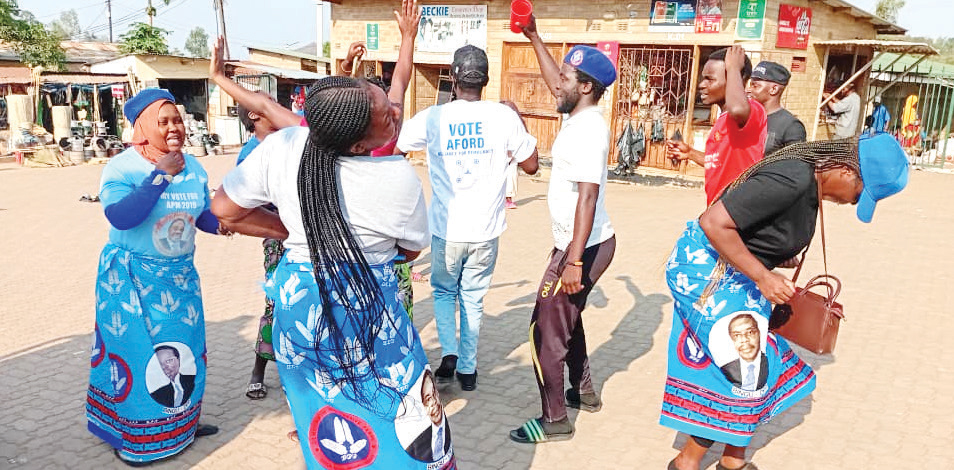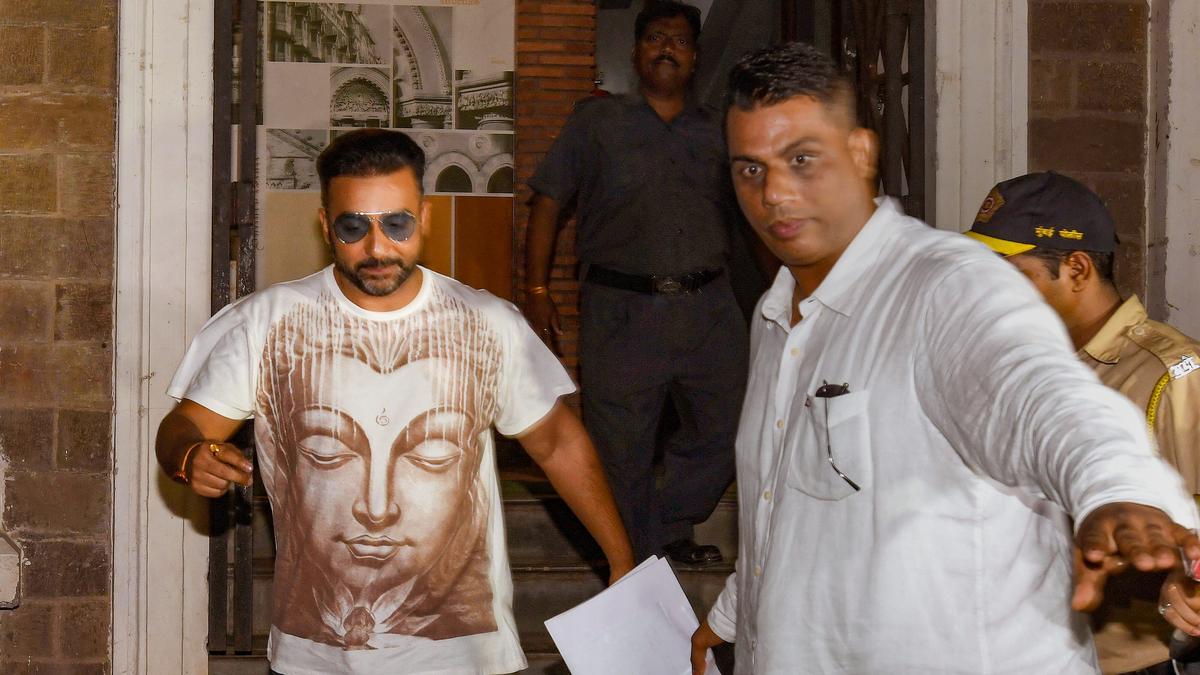Copyright times

By Cathy Maulidi: At 8:30 p.m. on Wednesday, September 24, the Malawi Electoral Commission (Mec) Chairperson, Annabel Mtalimanja, announced at the BICC that the leader of the opposition Democratic Progressive Party (DPP), Peter Mutharika, had won the presidential election. Many DPP followers erupted in celebration. But it is the weight of people’s expectations ahead that matters for Mutharika and his administration. His victory is a demonstration of people’s faith in him to deliver on where the government they have ousted failed. It is also based on the hope that the DPP itself built in its manifesto. Key among the promises is fiscal prudence, an area many Malawians feel various administrations have not been good at. And the starting point to this will matter. Mutharika promised to have “a lean and inclusive cabinet” as one way of enforcing fiscal discipline that his administration intends to fulfill. According to the manifesto, the DPP government will implement serious fiscal consolidation measures that will make the country save around K500 billion in 2026, K700 billion in 2027, and K1.5 trillion per year from 2028 to 2030. “Specifically, the DPP government will have a lean and inclusive Cabinet,” it reads. The party says its administration will also drastically reduce the budget for State Residences, freeze purchase of new vehicles for public officials and implement strict Commitment Controls under the Integrated Financial Management Information System (Ifmis) to contain creation of arrears and eliminate guarantees by Ministries, Departments and Agencies (MDAs). According to the party, these fiscal consolidation measures will help the nation save about K5.15 trillion and these funds will be used to start reducing the public debt. Malawians who made the decision to change the government with their vote are watching. Already, they are making demands on what other areas the administration needs to fix. A group of Malawians is developing a petition to Mutharika, outlining areas they consider crucial for the new administration to tackle within 100 days. Primary among their calls is the disbanding and auditing of what they call “failed initiatives”, including National Economic Empowerment Fund (Neef) and Ministry of Agriculture’s mega farms initiative. “Neef and megafarms [initiative] must be disbanded immediately and the leadership must fast-track a forensic audit on both programs. “There must also be a clear deadline for the full recovery of all Neef loans by December 2025,” says Charles Govati, a member of the grouping that is developing the petition. The petition will also demand the appointment of “a capable ACB Director General who will institute investigations into corruption allegations committed by the MCP government including in fertiliser and fuel procurement”. Further, the group wants Mutharika to fire incompetent principal secretaries who it says have contributed to civil service failing to tick in the past five years. “The free secondary school education promise is what made a lot of people vote for him. Mutharika should ensure its quick implementation,” Govati said in an interview with Malawi News. According to Govati, they are collecting signatures for the petition. Mutharika is expected to be sworn in as Malawi’s seventh President next Wednesday, which, as required by the law, will mark the seventh day after he was declared president-elect.



